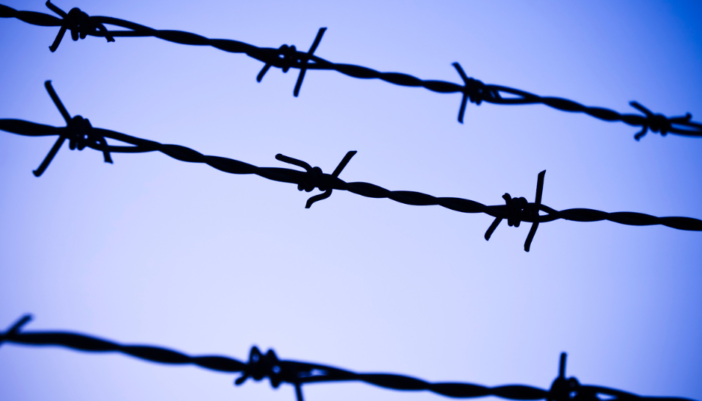Defenses, Defenses, Defenses…the Psychological Walls That No Longer Serve Us
“That’s not true!” or “I didn’t do that” are things we can say when confronted about our behavior, because we are afraid they might be right. Or maybe it’s someone else’s behavior we don’t want to see as problematic. Such as their dishonesty or irresponsibility. Either way, when we act this way, it makes it difficult to have a healthy conversation, much less tackle problems.
Defensiveness extends beyond our less-than-emotionally-mature responses. It can become often about life itself. In essence, we are defending against coming to terms with hard realities. As you’ve heard me talk about on the show, many families don’t know how to show their children how to grieve in a healthy way, or to be able to support said grief, because mom and dad themselves were never allowed to – nor were they taught how to do so.
Grief work is the way we face reality and surrender to what is, allowing ourselves to feel the sometimes-overwhelming feelings of anger, sadness, and disappointment. Not to mention the fear. The fear that we cannot handle the reality. That we won’t be OK. Those of you who tend to have control issues have the hardest time because controlling the outcome is all about not letting go and surrendering to what is.
Defense mechanisms keep us safe, and often are necessary to survival in a dysfunctional or even a toxic childhood environment. They are protective, keeping us from appearing vulnerable to others, and are a way to avoid conflict and possible further abuse. In essence, avoidance of grief work can be a trauma-informed response, as the walls are built so we are not judged, shamed and ridiculed and thus rejected by others. But they also can keep us from SEEING reality we don’t want to see. Such as how we allow others to treat us in unhealthy ways. Or how little power we have over changing others’ behavior. Even how we treat ourselves if we got honest, when we neglect our basic needs for balance and rest or take care of things and then have drama and chaos later.
So although our fear may keep us from facing things we don’t feel equipped to deal with, it can also afford us bigger problems down the road, as more damage is done. By looking at our defense mechanisms, we can then look at ways to address our fears and find ways to accept the reality we fear we cannot handle. Only then, will real change begin to happen.




